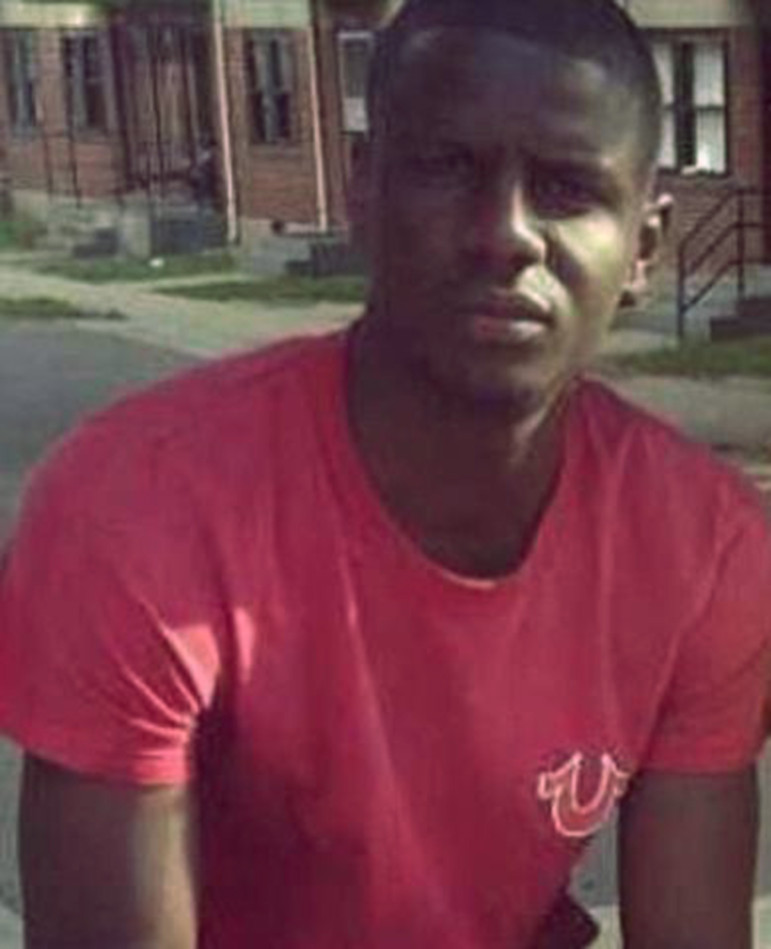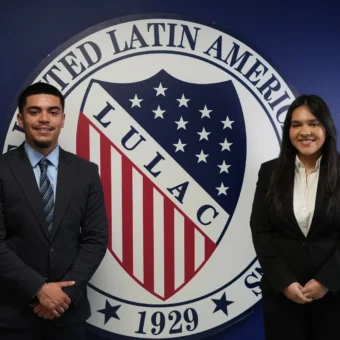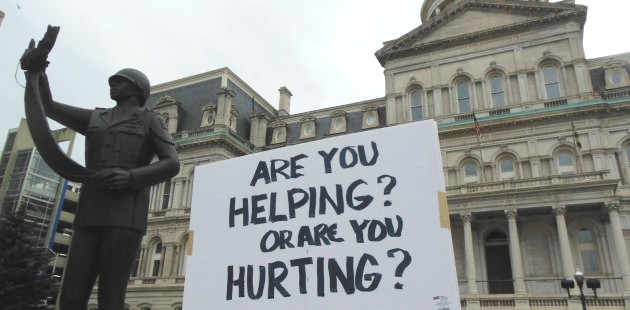The Van, the Flight, and the Machinery of Harm
What Freddie Gray and Kilmar Abrego Garcia Reveal About Us
Sometimes, the stories that stay with us aren’t the loudest. They don’t always come with viral videos or global headlines. But they echo—quietly, persistently—because they reveal something uncomfortable about the country we live in.
We’ve been thinking about two of those stories.
One is familiar: Freddie Gray. He was 25 years old when he died in police custody in Baltimore City in April 2015. The details still haunt us: arrested for allegedly possessing an illegal switchblade, shackled hand and foot, loaded into a police van without a seatbelt. Witnesses say they heard him screaming. When the van arrived at the station, Gray had a nearly severed spine. A week later, he was dead.

His death set off days of unrest. Demands for accountability. Calls for justice that still echo nearly a decade later. But justice never came. Not really. None of the officers involved were held accountable. The system absorbed the shock, returned to form, and moved on.

Then there’s Kilmar Abrego García—a name most people have never heard.
Kilmar didn’t die in a police van or on national television. He lived quietly in Maryland, working, paying taxes, and married to a U.S. citizen. He had protected legal status and a court order forbidding his removal. But in March 2025, he was forcibly deported to El Salvador. The Trump administration argued his removal was entirely legal. In their eyes, Kilmar was an undocumented threat—part of a broader crackdown on immigration. But a federal judge later said otherwise. The deportation defied the law, and yet it happened anyway.
Kilmar, much like Freddie, was swept up in a system that looked at him and saw only the label assigned to him—an immigrant, a target, someone less deserving of protection or compassion. Both men were treated not as human beings, but as pawns in larger systemic battles. Freddie was criminalized because of his race, a consequence of a justice system that too often sees Black lives as disposable. Kilmar was criminalized because of his immigrant status, targeted in a political campaign to weed out people deemed “undesirable,” despite his deep roots in the U.S.
What both cases show—painfully and unmistakably—is how systems meant to serve and protect can instead grind people down, strip them of dignity, and look the other way as their lives unravel. Whether through the blunt force of police violence or the cold machinery of immigration enforcement, the message is similar: your life doesn’t matter here.
Freddie and Kilmar lived in different worlds—one Black, one Latino; one born in Baltimore City, the other abroad—but the systems they encountered were built on similar foundations: racial inequality, economic injustice, and a deep-seated fear of the “other.” They were not seen as individuals with hopes and histories, but as problems to be managed.
It’s tempting to see these stories as isolated tragedies. But they’re not. They’re connected. They show us how power moves, how policies are enforced, and how silence often follows. And they expose a sobering reality: for those caught on the margins—whether through race, immigration status, or both—the system can be indifferent. And at its worst, actively harmful.
For Freddie, it was the police. Officers who ignored his pain, disregarded his pleas, and left him with fatal spinal injuries in the back of a van. For Kilmar, it was immigration enforcement. Agents who deported him despite a court order, sending him back to the very violence he had fled, treatedf his legal status, his family, and his life as secondary.
And yet, these stories are about more than outrage. Outrage can ignite change, yes. But it fades. What lasts—what matters—is the willingness to see people differently. To lead with empathy. To hold systems accountable. And to build something better.
What if our first question wasn’t “How do we remove this person?” but “What does this person need?”
What if the measure of a just system wasn’t how efficiently it punishes, but how deeply it protects?
Freddie Gray’s life was taken. We cannot change that.
But Kilmar Abrego García is still alive.
His story isn’t finished. And that matters. Because there’s still a chance to bring him home. To make it right. Not just for him, but for what it says about all of us.
Because these stories—they don’t just tell us who they were.
They tell us who we are.
And maybe—just maybe—who we’re still willing to become.

Kevin Pacheco-Barajas and Olivia Zepeda are Research and Policy Fellows at the League of United Latin American Citizens (LULAC), the nation’s oldest and largest Latino civil rights organization.

